Yasal Uyarı: Bu sitede yayınlanmakta olan tüm yapıtlar eser statüsünde olup 5846 Sayılı Fikir ve Sanat Eserleri Kanunu ve 5237 sayılı Türk Ceza Kanunu kapsamında korunmaktadır. Sitede bulunan yazı ve görsellerin site sahibinden izin alınmadan ve kaynak gösterilmeden kopyalanması ve kullanılması yasaktır.
Hi Ulli, thanks for taking the time to answer our questions.
It will be rather interesting to get the take of an Ayurvedic practitioner on the recent demonizing of an ancient and staple food item of so many cultures across the globe; namely wheat, and its particular protein called gluten.
To start off, can you tell us a little bit about the seasonality concept of Ayurveda; why we need to eat seasonally and where does consumption of wheat fall, did our ancestors eat hard-to-digest gluten containing grains all-year-round for example, or was it specific to a short season, and how did they consume grains, what did they do to enhance their digestive fire to completely break down these proteins?
In Ayurveda, we see a direct connection between ourselves (microcosm) and our environment (nature/macrocosm). Everything around us and within us is made up of the five elements (space, air, fire, water, earth). As seasons change, so do the elements and with them the doshas (Vata, Pitta, Kapha), the organizing principles in our psycho-physiology. For example, in summer, the fire element (Pitta) is stronger and as a result if we look at the harvest (seasonal produce) of summer we see a lot of cooling juicy fruits and vegetables, e.g. watermelon, cucumbers, peaches etc. Each season is producing the foods that exactly help balance us in that particular time. In fall, when the winds are stronger and Vata is aggravated, we have all the root vegetables to ground, and we naturally crave more heavy and denser foods, beans, oily fish, nuts, heavier grains and legumes etc.
Grains, including wheat have been consumed for a long time by our ancestors (approx. 7,000-10,000 years), but we have to keep in mind that for an even longer time, when we were hunter-gatherers, it was not. The number is a little controversial, but many sources say that for about 1.5 million years, our diet was largely based on foraging and hunting, and consisted of land mammals (including organs, fat and marrow), cooked tubers, seafood (fish, mammals, shellfish, seaweed), eggs, nuts, fruit, honey, “vegetables” (stems, leaves, etc.), mushrooms, assorted land animals, birds and insects.
Only with the arrival of agriculture, did we plant and harvest grains, including wheat and consume wheat-based products, albeit in much smaller amounts than we do today. So our bodies are not hard-wired/equipped to digest large amount of wheat, especially the wheat of the last 40-50 years, which is very different than our ancestral wheat such as spelt, emmer and einkorn; today’s wheat has been hybridized to contain much more gluten. In addition, our ancestors had established methods of soaking, sprouting and long fermentation to deactivate some of the anti-nutrients like phytic acid; they freshly milled the grain (thus avoiding rancidity) and often fermented it with sourdough, making it more digestible. With the rise of commercial baking, of course, first, flour is milled and stored for extended periods, making it prone to rancidity; secondly, yeast has replaced sourdough in baking, which further makes an already hard-to-digest grain even more problematic.
So the issue with wheat is a complex one. I think it is not wheat per se that is the culprit but many factors surrounding the issue. Our rising digestive problems with wheat and gluten are due to many factors; first, damage to our own internal environment (microbiome) due to a processed diet, overuse of antibiotics, pesticides, GMOs etc.; secondly, an overconsumption of wheat in processed form, moving from occasional to almost at every meal (bread, pasta, cookies/cakes, processed foods); thirdly, the quality of the wheat, as I listed above in terms of gluten-content, rancid flour, inadequate processing, etc. This all has contributed to rise in digestive disorders and food allergies.
As a follow up to the first question, are there any specific doshas, or Ayurvedic mind&body types that are particularly prone to weak digestion? There is a general consensus that some blood types do better without eating gluten containing grains. Can we talk about a similar susceptibility factor for certain Ayurvedic body types?
When we talk about digestion in Ayurveda, we talk about the concept of agni (digestive fire), which can be weakened through many factors in any constitution. But Pitta constitutions, which in general have a stronger digestive fire, might be less prone to digestive issues resulting from wheat and wheat products. Vata constitutions have a delicate digestion, and even though wheat is actually suitable for their body-type since it is a strongly building grain, they often have symptoms of gas/bloating when over-consuming wheat-based products; Kapha constitutions, which generally tend towards mucous, congestion and easily gain weight in their body do not do well with wheat, which is considered a “heavy” grain.
Can you walk us through the digestion process? Where does it start, what are the optimal conditions for good digestion, what are the outcomes of insufficient HCL acid in the stomach, why does it happen and how we can rectify it?
When we look at our digestive system, it is one large tube from the mouth to the anus, so the digestive process starts in the mouth and ends with elimination, not just what goes on in your “stomach”. That is why my teacher used to say “drink your food and chew your liquids”, meaning chew your food so well that it is completely liquefied; this ensures that your saliva is properly mixed with food and the digestion of carbohydrates can already start in the mouth; plus, through taste, the brain sends signals to the stomach to secrete the right amount of stomach acid suitable for the foods you are eating.
So chewing is very important; but in addition, the way we are consuming our food, meaning in a relaxed, quiet atmosphere is very important, too; the process of digestion is controlled by the parasympathetic nervous system, so if we are under stress, our sympathetic nervous system is activated (fight/flight response) and digestion shuts down.
Lastly, eating foods with incompatible energetics or different digestion times is also contributing to a weakened agni. For example, fruit, should always be eaten by itself and never mixed with other foods since it digests much faster. So yoghurt & fruit or fruit right after a meal, very common in Turkey, are very difficult for digestion.
Ayurveda supports digestion through the proper use of food combining, eating seasonally and constitutionally, and using spices to increase digestive power and reduce ama (toxicity). So adding ginger, turmeric, cumin, black pepper etc. can be very beneficial. In addition, in HCl is low, using apple cider vinegar or lemon with meals can greatly help.
What are some of the other factors (besides gluten) that could lead to permeability in the gut?
Like I mentioned before, diet plays a crucial role, not just the (over-)consumption of wheat and gluten, but generally a diet rich in unsprouted grains, legumes, or nuts/seeds (which contain phytates, lectins); sugar & alcohol; processed foods; non-organic foods (pesticides, GMOs); dairy (esp. conventional); wrong food combinations; or leftover foods (stored longer than 24 hours). Secondly, I cannot overstate the role stress can also play in developing leaky gut—not only does it shut down digestion but it also increases inflammation in the body. Lastly, of course, toxins, chemicals, antibiotics (85% of antibiotics used in animal farming), infections, and parasites can all lead to gut dysbiosis and eventually Leaky Gut.
We know that early problems with gastrointestinal integrity and healthy colonization are exceedingly common in children with autism. They have multiple food intolerances, allergies and chronic gut dysbiosis. What do you think are the reasons for this and what is the best therapeutic diet for these kids in your experience?
Again, it is a multitude of factors that plays into the rise of autism in children and their associated gut problems, ranging from compromised gut flora in the parents, to more C-sections versus vaginal births, formula versus breastfeeding, overuse of antibiotics and steroids, vaccines and pharmaceuticals, processed foods and high-sugar intake as well as too much time spent indoors. The work of Russian neurologist Dr. Natasha Campbell-McBride and what she termed GAPS (Gut and Psychology Syndrome) has been crucial for our understanding and treatment of autistic children as well as behavioral issues in children. It is a very detailed step-by-step approach based on diet, supplementation and detoxification. It would be too much to go into detail here but in a nutshell, initially removing all offending foods (grains, dairy, sugar, beans, nuts…) and starting very basic with a diet mainly consisting of meat/bone broths, then slowly adding in healthy fats such as yolks and avocados, gradually a variety of vegetables, cultured dairy such as yoghurt and kefir as well as small amounts of raw honey. There is plenty of information about her work on the web (www.gapsdiet.com) and also in her book “Gut and Psychology Syndrome”.
“Leaky gut syndrome” is dubbed “the disease your doctor cannot diagnose”. Only gluten (leaking from the gut) is known in the medical literature to cause fifty-five diseases, which are mostly not even gastro-intestinal issues! What are some of these diseases or conditions and why do you think so many of these are still being misdiagnosed by the medical profession?
Yes, many people with Leaky Gut do not necessarily have digestive symptoms, but we now know that all auto-immune conditions, ranging from Crohn’s and Colitis, to Hashimoto’s Thyroiditis, Psoriasis, Rheumatoid Arthritis, Diabetes and Heart Disease, have a Leaky Gut component. Also, general inflammation in the body, brain fog, mood disorders such as depression, anxiety, bipolar disorder and ADD/ADHD have a strong gut dysfunction component.
There is still not enough education in the standard medical profession on food, nutrition and the gut so many of the diseases are not attributed to originating in the gut. Our medical system also has become very compartmentalized so if you go to an endocrinologist, or dermatologist, or rheumatologist, they will not necessarily think about digestion and gut health, even though we know that all of our organ systems are connected. Ayurveda stated 5,000 years ago that all disease starts in the gut, and only now are we slowly coming to realize that and have science to back it up.
Are there reliable tests (blood, saliva, urine) for assessing leaky gut or is following an elimination diet the best course of action?
Leaky gut is a clinical diagnosis, and while there’s no specific test that can tell with 100% certainty that you have it, a positive Intestinal Permeability Test is strongly associated with the condition. It measures the ability of two non-metabolized sugar molecules to permeate the intestinal mucosa. The patient drinks a premeasured amount of lactulose and mannitol. The degree of intestinal permeability or malabsorption is reflected in the levels of the two sugars recovered in a urine sample collected over the next 6 hours.
Most of the time, however, we go according to clinical assessment of symptoms, and then develop a protocol to treat, based on eliminating certain foods that are contributing factors, while adding foods and supplements that help healing.
What does an elimination diet look like, and as for gluten, is it really possible to completely eliminate gluten from your life as there are so many hidden sources, including the cosmetics, lipsticks, shampoos, vitamins and even medications? Is there a reliable ‘gluten guide’ you could recommend to people with gluten intolerance?
In my clinical practice, an elimination diet is only one part of a 4-step plan:
REMOVE: foods and factors that damage the gut (incl. wheat/gluten-containing grains, sugar, processed foods etc.) as well as are not suited to the individuals dosha (constitution)
REPLACE: with gut-healing foods
REPAIR: with specific supplements and herbs
REBALANCE: with probiotics and specific supplements
Yes of course it is not possible to eliminate all gluten 100% from the diet but many people improve greatly if they remove gluten-containing grains (wheat (incl. bulgur), rye, barley), as well as sugar and all processed foods.
We know that the inner lining of the intestines are being renewed every 3 to 7 days under normal circumstances. Our bodies are programmed for healing, but I guess we are getting in the way of our own health. What would be the top 3 things you would want your clients to take out of their kitchen or life to stop exacerbating the inflammation in their GI tract and what would be the 3 top herbs/nutrients/foods you would want them to start utilize to speed up the healing process in their gut?
Yes, the top 3 offenders I would say to remove during the healing process is gluten (incl. bread, pasta, and all processed foods and pastane snacks), dairy (except home-made yoghurt/kefir) and sugar. The three foods I would add are bone/lamb’s feet broth, fermented foods (kefir, beet kvass, fermented vegetables) and a paste made from turmeric powder, black pepper, honey and coconut oil.
And lastly, I want to get your take on this rather interesting phenomenon that highly gluten sensitive American people, when they travel to Europe or other countries (like Mexico or Japan) who do not allow GMO farming and do not spray RoundUp before harvesting their wheat crops miraculously do not have ANY issues (GI related or other sistemic reacions) eating breads or pastries in these countries but immediately react to gluten when they return to America. Do you have any first hand experience with this phenomenon, or have any of your clients perhaps related a similar experience to you?
I cannot comment on this since I do not have any first-hand experience. I have many clients that even though they live here in Europe still suffer from a wide range of digestive disturbances resulting from wheat/gluten and related foods. As I outlined above, GMO farming, Round Up etc. is only one factor contributing to the surge of digestive-related disorders. Damage to our own internal environment (microbiome) due to a processed diet full of sugar and white-flour products, overuse of pharmaceuticals and antibiotics, and stressful lifestyles are all contributing factors for the rise of digestive disorders.
Thank you so much for putting up a programme for helping people with their GI problems.
You are welcome.
 ULLI ALLMENDINGER (MSc. Ayurveda, RYT Yoga Alliance)
ULLI ALLMENDINGER (MSc. Ayurveda, RYT Yoga Alliance)
Ulli is an Ayurvedic consultant, herbalist and Yoga therapist with a passion for cooking, Ayurvedic nutrition and AyurYoga Therapy.
She has pursued her studies of Ayurveda in the US and India since 2003. She also holds a Master’s degree in Ayurvedic Sciences from International Vedic Hindu University (IVHU) in Florida, USA.
Ulli is also a certified Postpartum AyurDoula specializing in post-partum care for mother and child, including individualized post-partum diet and herbal formulations as well as body therapies to ensure proper healing and rejuvenation. Women’s health is an area Ulli is passionate about, and she supports, guides and empowers women of all ages in their reproductive health and fertility.
She is the owner of Ulli’s Kitchen, a line of gluten-free breads and treats to support gluten-free healthy living and optimal digestion.
Ulli currently lives and works in Istanbul, Turkey.
Ulli’s Upcoming Workshops and Classes
Yasal Uyarı: Bu sitede yayınlanmakta olan tüm yapıtlar eser statüsünde olup 5846 Sayılı Fikir ve Sanat Eserleri Kanunu ve 5237 sayılı Türk Ceza Kanunu kapsamında korunmaktadır. Sitede bulunan yazı ve görsellerin site sahibinden izin alınmadan ve kaynak gösterilmeden kopyalanması ve kullanılması yasaktır.

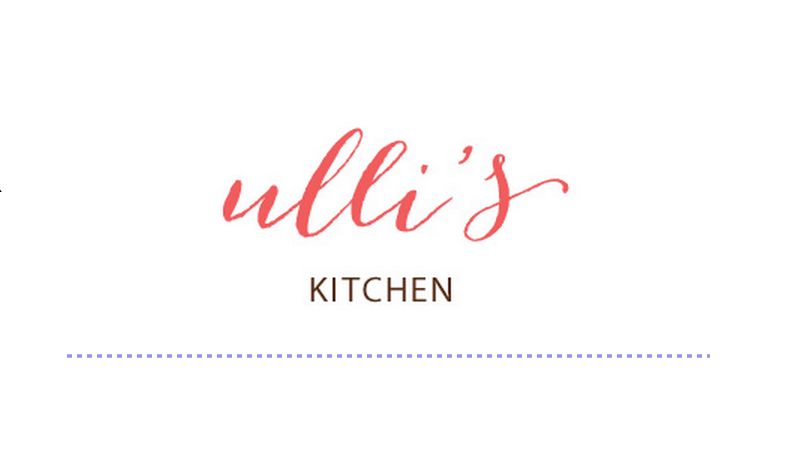

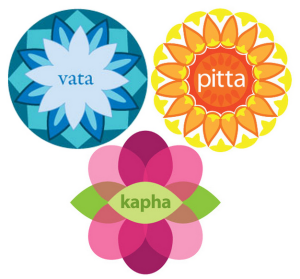
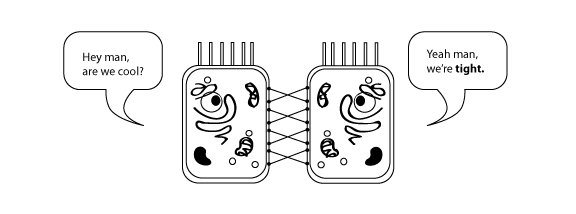

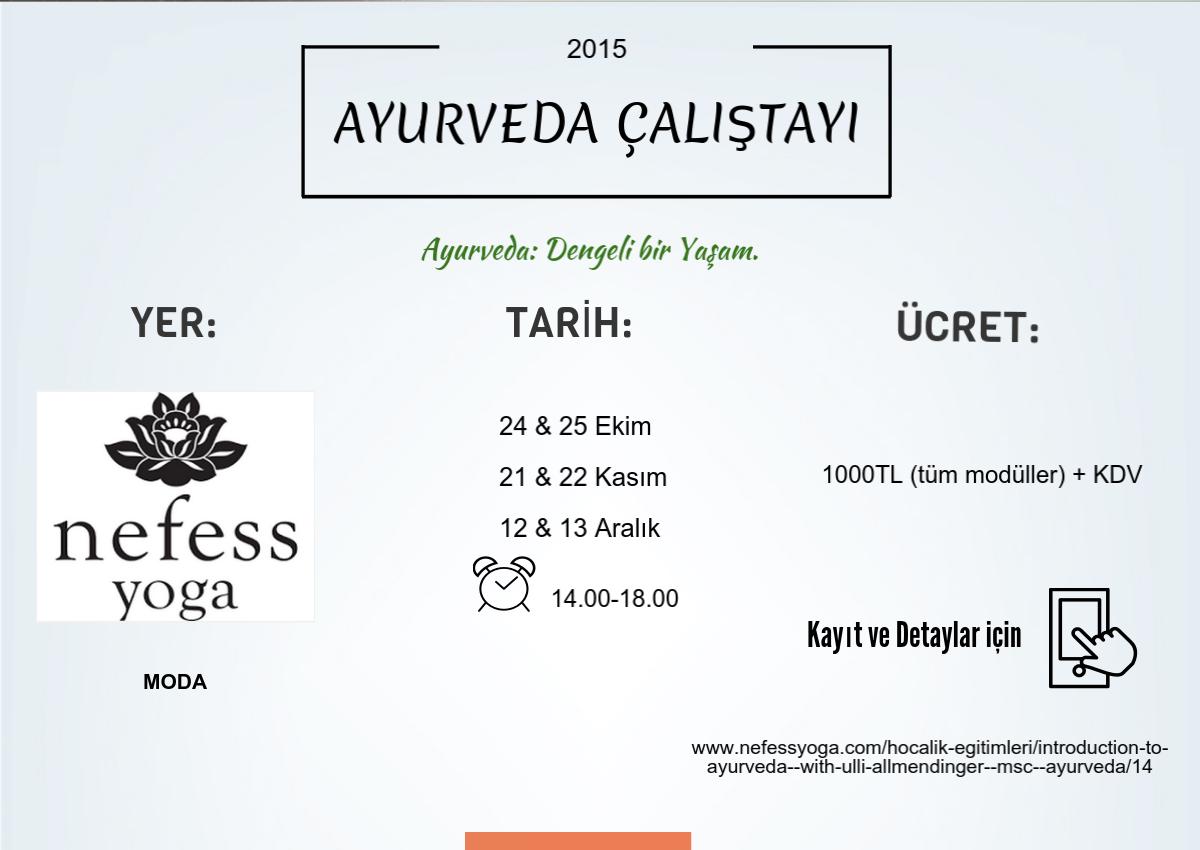
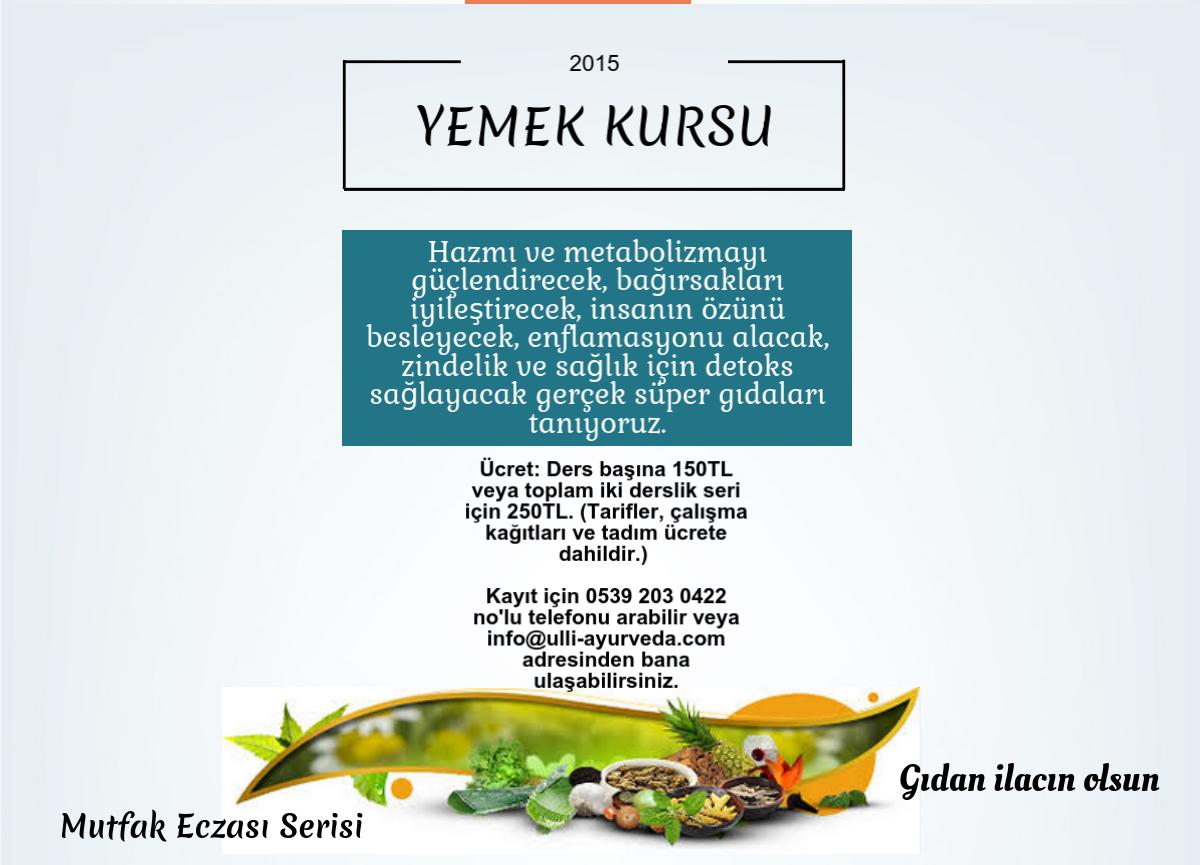
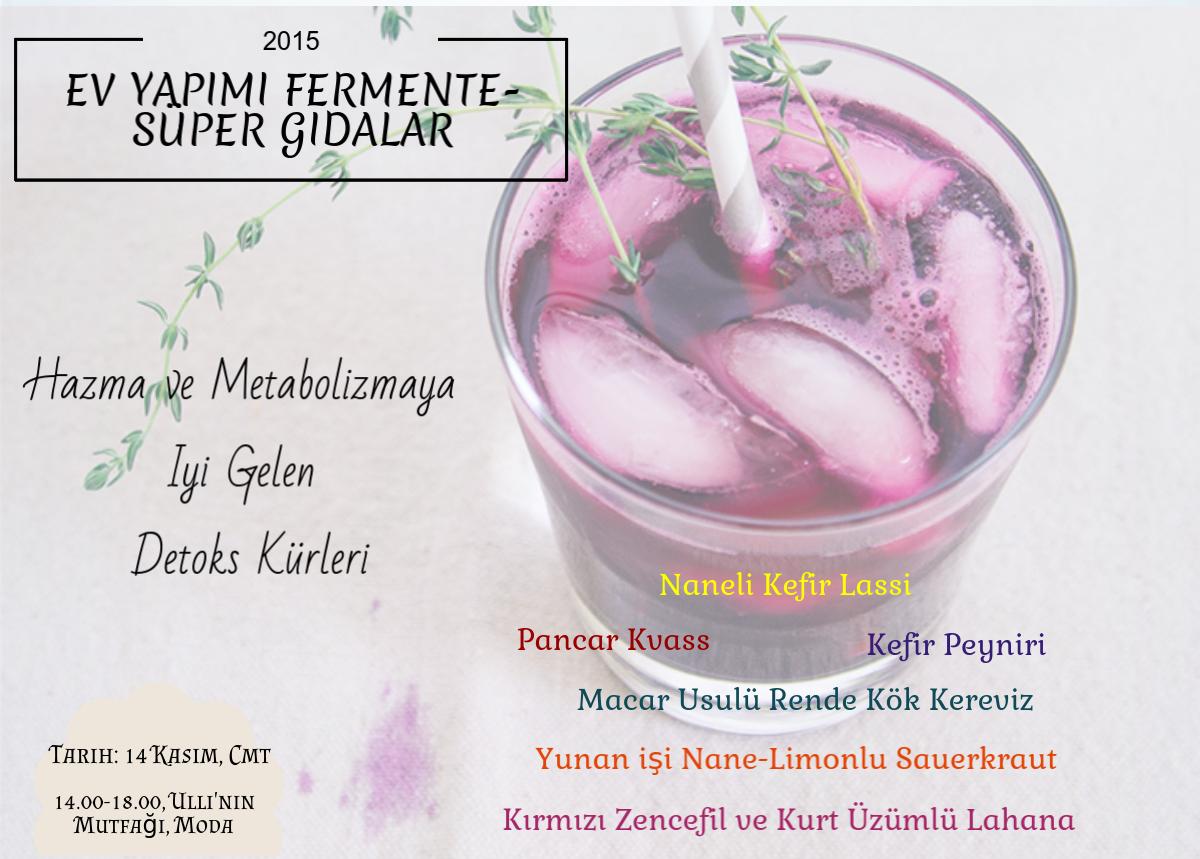


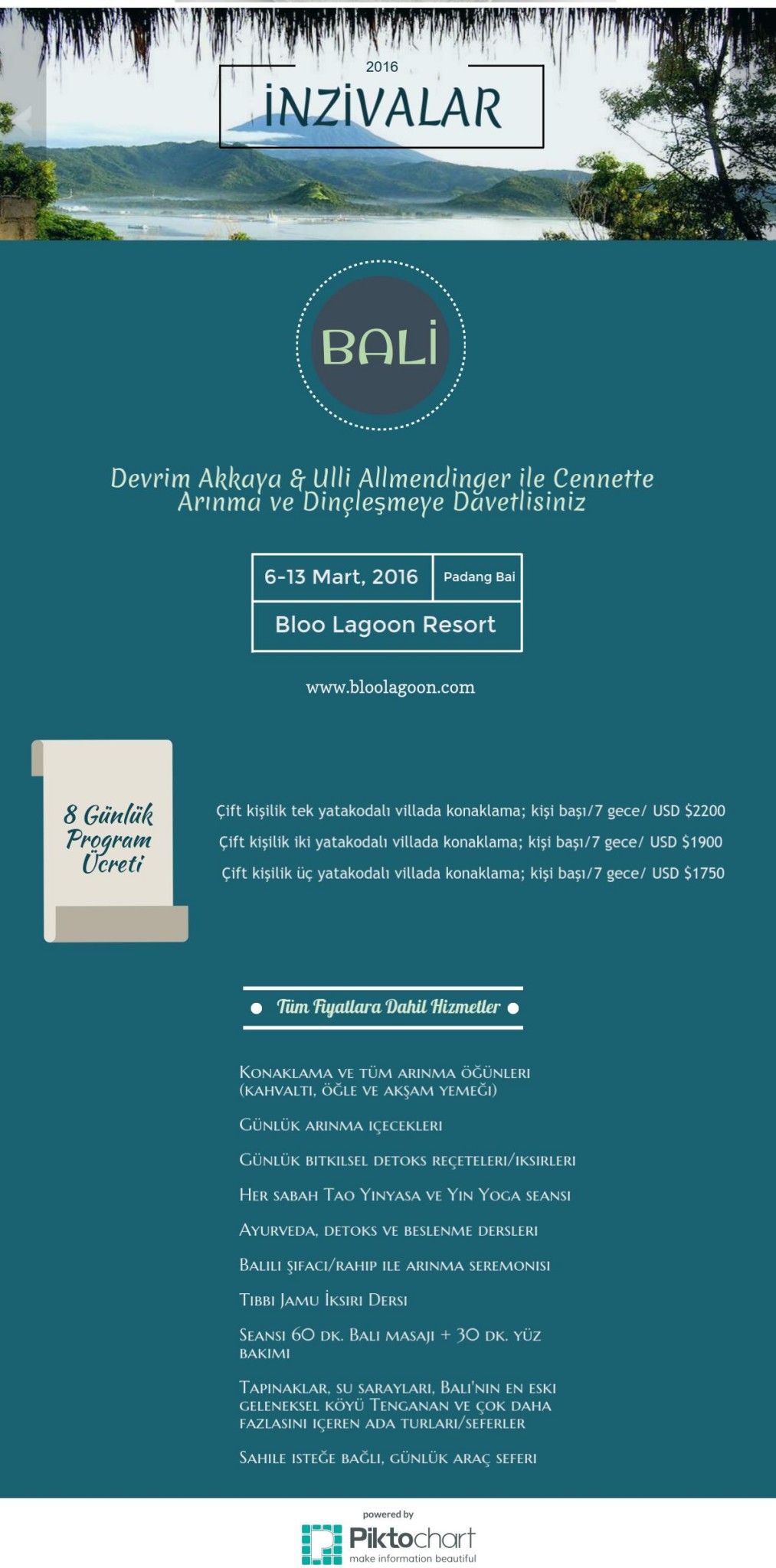

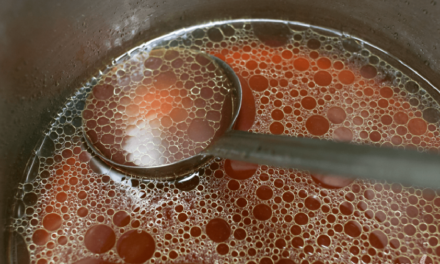
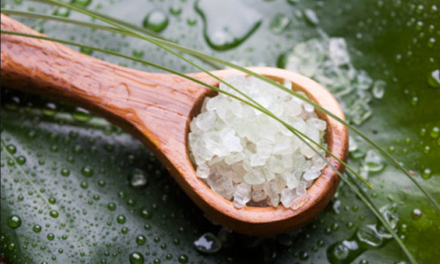
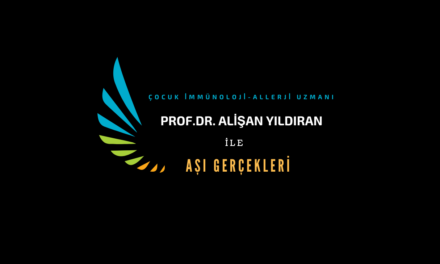





En Son Yorumlar